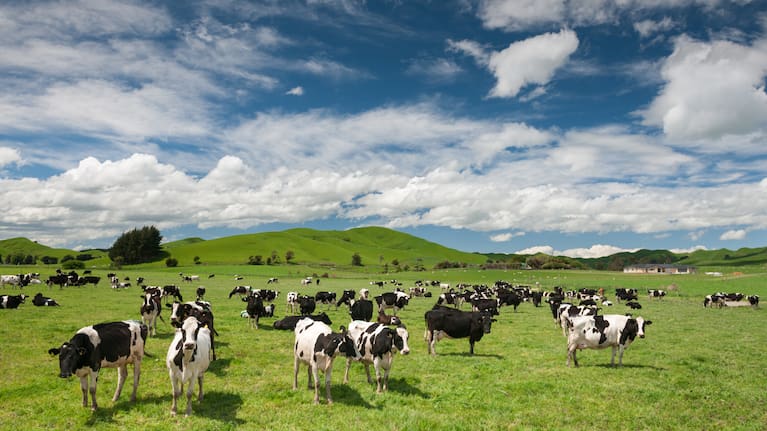[ad_1]
The Government says live animal exports won’t go ahead if “very high” standards aren’t met, but welfare and rights activists are pushing for the country’s ban to be kept.
New Zealand banned live animal exports on ships for breeding and milking in April, last year, but the coalition government is currently working on reinstating the practice - promising purpose-built ships and a certification regime for importers.
Speaking to Q+A, Agriculture Minister Todd McClay said officials would be implementing the gold standard to ensure animals are well cared for.
He said new standards would prevent a repeat of the Gulf Livestock 1 ship disaster, when 6000 cattle and 41 crew died in 2020.
The ship was carrying cattle from New Zealand and was bound for China.
McClay told Q+A: “We want to reverse it, but we haven’t said we’ll just go back to what was happening before. Work is underway around those standards and so on.
It follows an animal welfare debacle aboard a ship which has been used to carry New Zealand livestock in the past.
“If these very high standards that are to be set can’t be met, then you should not expect any animals to leave New Zealand, for reputational and animal-welfare points of view.”
When asked if reversing the ban was consistent with New Zealand’s UK trade agreement, which requires both countries to improve animal welfare, McClay said the Government would be able to prove animals were looked after en route and at their final destination.
“But, in as far as the agreement is concerned, as long as we can show that actually we’re meeting our requirements, we have the ability to make these changes and we’re taking those obligations seriously, it would fit within that agreement.”
McClay said the Government will investigate countries to ensure animals would be looked after, and they’ll work with animal welfare groups to devise standards.
The ban took effect from April this year and the latest 1News Verian poll shows 51% of Kiwis want to see it continue.
“We’re looking to do a body of work, including inviting animal welfare groups and so on to be part of that, to see how it would be done and to set those standards at a gold standard. If they can’t be met, then animals wouldn’t leave New Zealand.”
However the chief executive of rights group SAFE, Debra Ashton, said the risks to animal welfare could not be mitigated on ships, even if they’re purpose-built, and at the animals’ destination.
“If the ban is overturned the Government will be showing a blatant disregard for animal welfare and damaging New Zealand’s reputation in the process.”
Ashton said extreme weather events and breakdowns at sea can’t be mitigated.
“More recently we have seen the impacts of war on livestock ships. We have seen travesties for animals because of all of these.”

The animal rights lobby group has met with Associate Agriculture Minister Andrew Hoggard to tell him that the ban must stay in place.
Ashton said a $1 million live export campaign planned by Livestock Exporters NZ “makes it clear that there is a lot not to like about this industry, including reputational damage”.
Live animal exports by sea and air earned $470 million in 2023.
Due to the ban on live animal exports, the figure was predicted to drop to $160 million this year. More than 28,000 cattle were exported from New Zealand in the first four months of 2023. Thirteen of these died en route.
Ministry for Primary Industry figures show cattle were the most common animal to be exported by sea to breed and milk. China was a major market for dairy cattle exports.

Animals transported by air, such as day-old chicks, bees, goats, dogs and cats, continue.
Nearly all of the animals transported by air are chicks, mainly sent around Asia and the Pacific. New Zealand banned live export for slaughter via sea and air in 2007.
Recently, Australia announced it will ban the live export of sheep by sea for slaughter from May 2028, and the UK is set to ban the export of farmed animals by sea. Both will still allow farmed animals to be exported by sea for breeding and milking purposes.
Q+A with Jack Tame is made with the support of New Zealand On Air
[ad_2]
